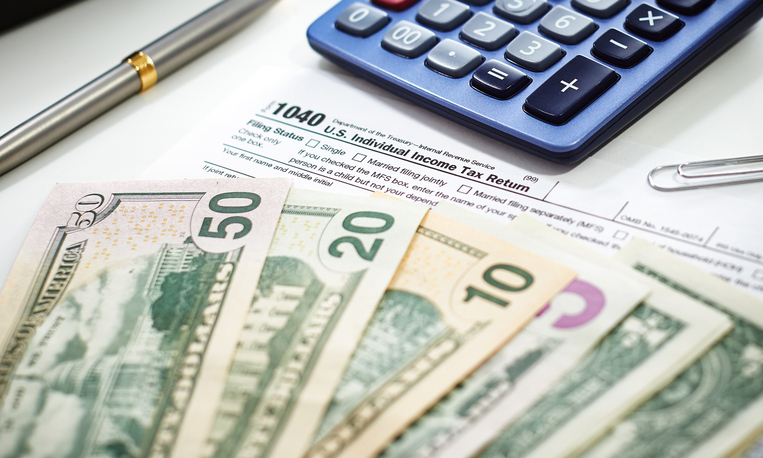(NEXSTAR) – With the April 15 filing deadline looming, the Internal Revenue Service is reminding taxpayers to pay close attention to credits that could potentially lower tax bills and boost refunds.
The federal tax return credits apply to a variety of situations, but they don’t all work the same way.
Some are refundable, meaning that a taxpayer can still get the credit – or the remaining difference – when they owe less than the amount of the credit. Nonrefundable credits, however, can only be applied to money owed to the IRS. Once that tax bill is fully paid, leftover credit money won’t be applied to a refund.
The difference is a crucial one and has been a common area of confusion when it comes to some credits, such as the Residential Clean Energy Credit, which is non-refundable.
“This is a concern for retirees and any others with lower taxable income,” tax attorney Adam Brewer, of AB Tax Law, told Nexstar. “If they added solar panels to their home with the intention of receiving a big tax refund for the 30% Residential Clean Energy Credit, then they may be disappointed to see the credit carried forward to next year as opposed to coming back to them in the form of a refund.”
Other refundable credits often get overlooked, according to the IRS.
One refundable credit the IRS estimates that millions of taxpayers miss out on each year is the Earned Income Tax Credit (EITC), for moderate- and low-income taxpayers. For tax year 2023, the credit amounts are $600, $3,995, $6,604 and $7,430, depending on filing status and number of children. The IRS has created a tool to help taxpayers figure out if they’re eligible for the EITC.
Taxpayers with qualifying dependents can claim the Child Tax Credit, which provides $2,000 per child, however only $1,600 is refundable. For people who paid for a daycare or hired someone to look after their child, spouse or dependent, the nonrefundable Child and Dependent Care Credit can provide a maximum refund of $3,000 to $6,000, depending on the number of dependents.
Other tax credits are designed to help students, homeowners, savers, electric vehicle owners and more. See a full list of credits on the IRS website.
